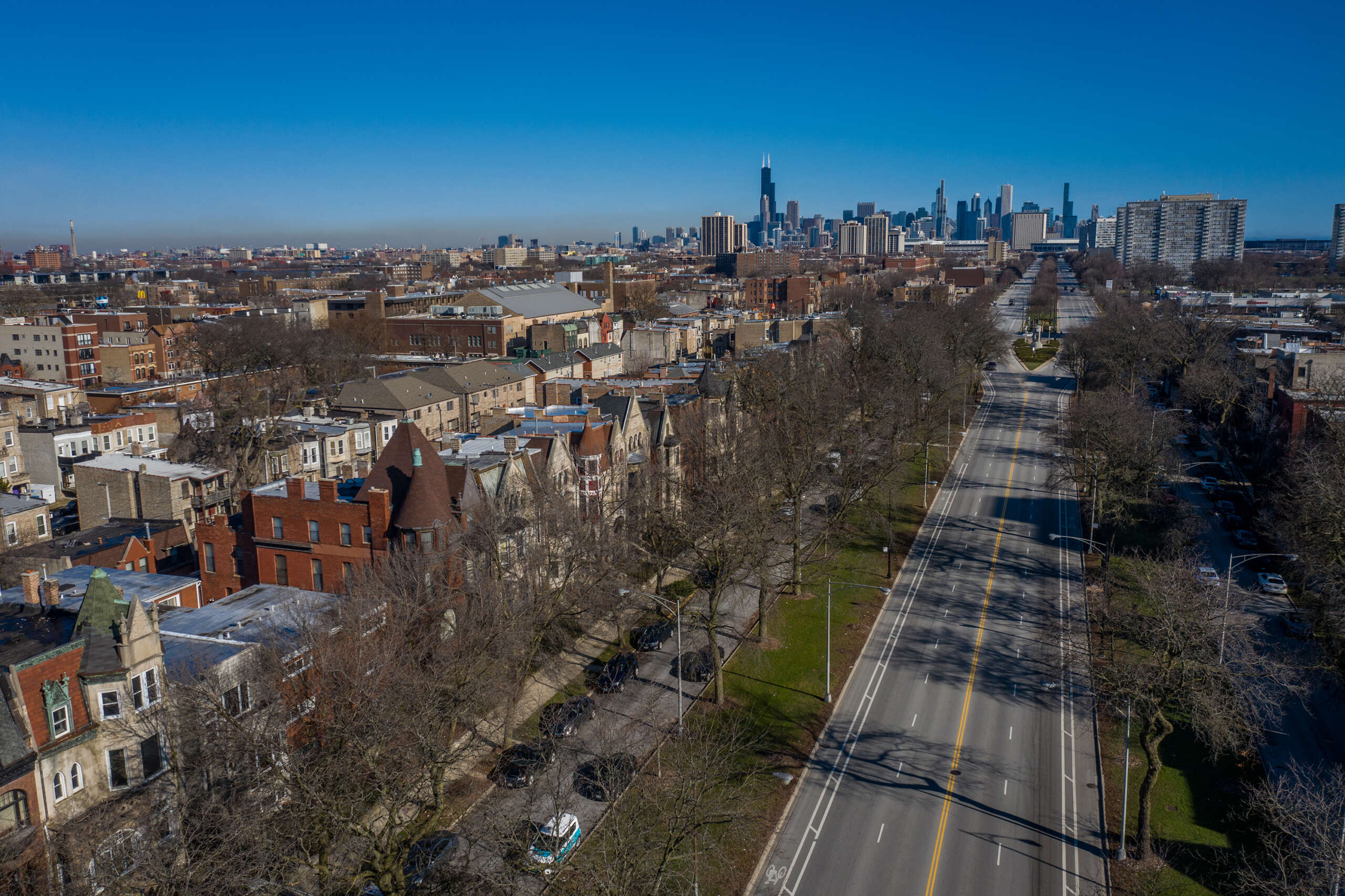
"Growing up in Chicago, Chakena D. Perry knew not to trust the water coming out of her tap. It was just one of these unspoken truths within households like mine - low-income, Black households - that there was some sort of distrust with the water."
"Last year, advocates celebrated a big win: The Biden administration's Environmental Protection Agency mandated that water systems across the country replace all their lead service lines."
"Chicago's replacement plan adheres to state law and an outdated EPA rule from the first Trump administration. It aims to replace the city's estimated 412,000 lead service lines by 2076."
"The federal rule requires Chicago to replace nearly 20,000 pipes per year beginning in 2027, but the city's plan puts it 30 years behind that timeline."
Chakena D. Perry's experience growing up in Chicago reveals a deep-seated mistrust of tap water in low-income, Black households due to the prevalence of lead pipes. As a senior policy advocate, she has fought for changes to ensure quicker removal of these toxic lead service lines. A recent EPA mandate requires cities to replace lead lines quickly, but Chicago's plan, compliant with outdated state laws, delays replacements until 2076. This puts the city significantly behind the new federal timeline, raising concerns among health advocates about the safety of drinking water.
Read at Truthout
Unable to calculate read time
Collection
[
|
...
]